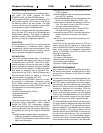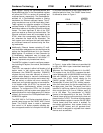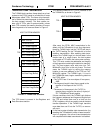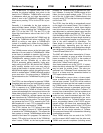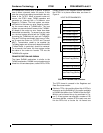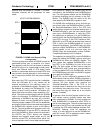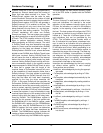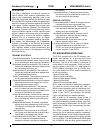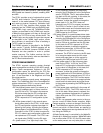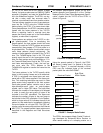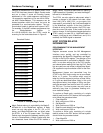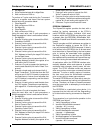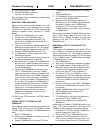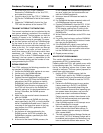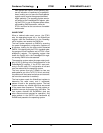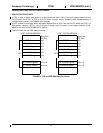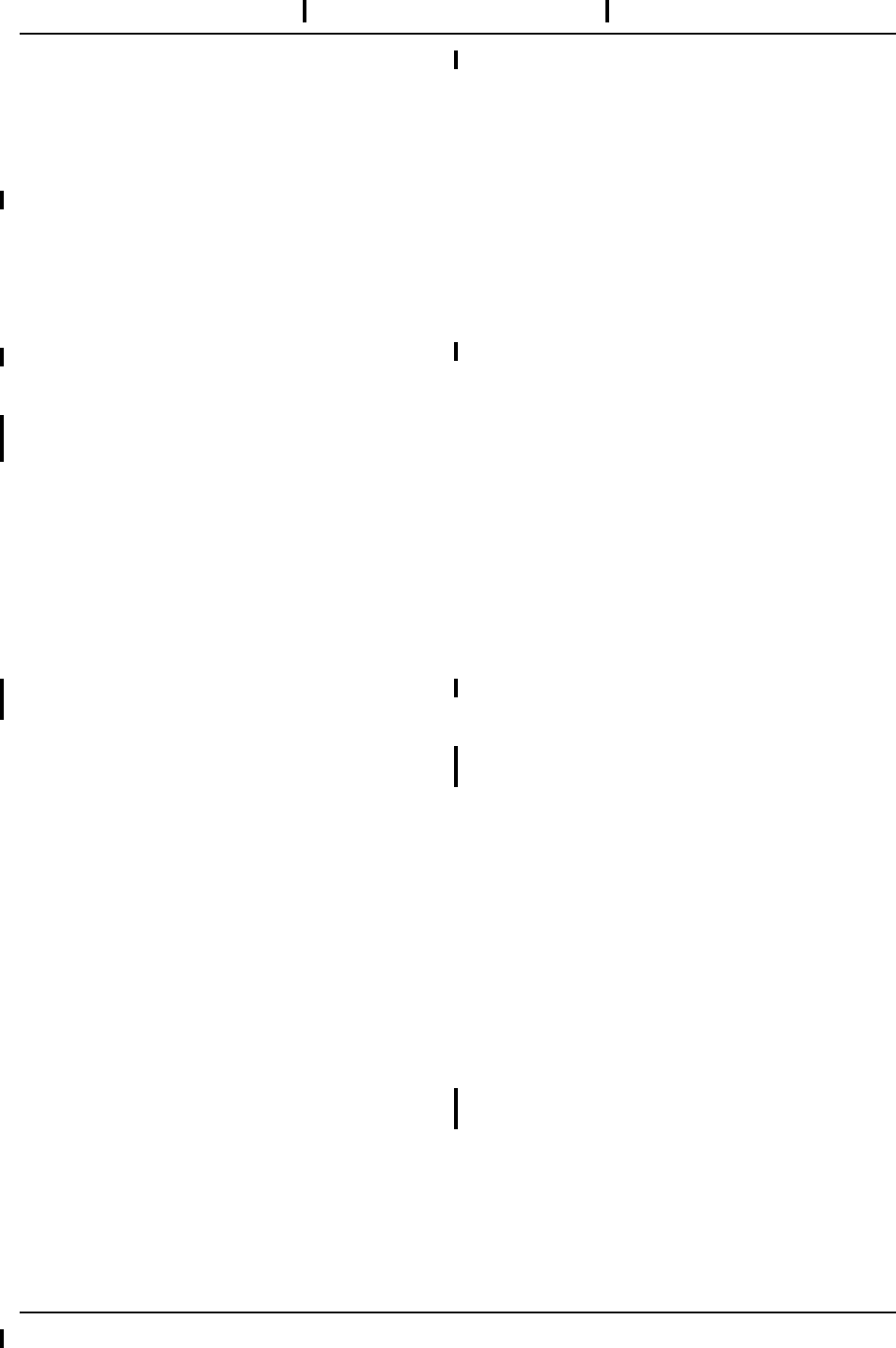
20
Sundance Technology ST201 PRELIMINARY draft 2
disable the use of MWI and MRL. MWIDisable and
MRLDisable are cleared by default, enabling MWI
and MRL.
The ST201 provides a set of registers that control
the PCI burst behavior. These registers allow a
trade-off to be made between PCI bus efficiency
and under run/overrun frequency. Arbitration logic
within the PCI Bus Interface block accepts bus
requests from the TxDMA Logic and RxDMA Logic.
The TxDMA Logic uses the TxDMABurstThresh
register, as described in the TxDMA Logic section,
to delay the bus request until there is enough free
space in the TxFIFO for a long, efficient burst. The
TxDMA Logic can also make an urgent bus request
as described in the TxDMA Logic section, where
burst efficiency is sacrificed in favor of avoiding a
TxFIFO under run condition.
The RxDMA process is described in the RxDMA
Logic section. Typically, RxDMA requests will be
forwarded to the Arbiter, however RxDMA Urgent
Requests are also possible in order to prevent
receive overruns. The Arbiter services the four
requests in the fixed priority order as described in
the PCI Bus Interface section.
POWER MANAGEMENT
The ST201 supports operating system directed
power management according to the ACPI specifi-
cation. Power management registers in the PCI
configuration space, as defined by the PCI Bus
Power Management Interface specification, Revi-
sion 1.0 are described in the Registers and Data
Structures section.
The ST201 supports several power management
states. The PowerState field in the PowerMgmtCtrl
register determines ST201’s current power state.
The power states are defined as follows:
• D0 Uninitialized (power state 0) is entered as a
result of hardware reset, or after a transition
from D3 Hot to D0. This state is the same as
D0 Active except that the PCI configuration
registers are uninitialized. In this state, the
ST201 responds to PCI configuration cycles
only.
• D0 Active (power state 0) is the normal opera-
tional power state for the ST201. In this state,
the PCI configuration registers have been ini-
tialized by the system, including the IoSpace,
MemorySpace, and BusMaster bits in Config-
Command, so the ST201 is able to respond to
PCI I/O, memory and configuration cycles and
can operate as a PCI master. The ST201 can-
not signal wake (PMEN) from the D0 state.
• D1 (power state 1) is a “light-sleep” state. The
ST201 optionally supports this state deter-
mined by the D1Support bit in the ConfigParm
word in EEPROM. The D1 state allows transi-
tion back to D0 with no delay. In this state, the
ST201 responds to PCI configuration
accesses, to allow the system to change the
power state. In D1 the ST201 does not
respond to any PCI I/O or memory accesses.
The ST201’s function in the D1 state is to rec-
ognize wake events and link state events and
pass them on to the system by asserting the
PMEN signal on the PCI bus.
• D2 (power state 2) is a partial power-down state.
The ST201 optionally supports this state deter-
mined by the D2Support bit in the ConfigParm
word in EEPROM. D2 allows a faster transition
back to D0 than is possible from the D3 state.
In this state, the ST201 responds to PCI con-
figuration accesses, to allow the system to
change the power state. In D2 the ST201 does
not respond to any PCI I/O or memory
accesses. The ST201’s function in the D2 state
is to recognize wake events and link state
events and pass them on to the system by
asserting the PMEN signal on the PCI bus.
• D3 Hot (power state 3) is the full power-down
state for the ST201. In D3 Hot, the ST201
loses all PCI configuration information except
for the value in PowerState. In this state, the
ST201 responds to PCI configuration
accesses, to allow the system to change the
power state back to D0 Uninitialized. In D3 hot,
the ST201 does not respond to any PCI I/O or
memory accesses. The ST201’s main respon-
sibility in the D3 Hot state is to recognize wake
events and link state events and signal those
to the system by asserting the PMEN signal on
the PCI bus.
• D3 Cold (power state undefined) is the power-off
state for the ST201. The ST201 does not func-
tion in this state. When power is restored, the
system guarantees the assertion of hardware
reset, which puts the ST201 into the D0 Unini-
tialized state.
The ST201 can generate wake events to the sys-
tem as a result of Wake Packet reception, Magic
Packet reception, or due to a change in the link sta-
tus. The WakeEvent register gives the host system
control over which of these events are passed to
the system. Wake events are signaled over the PCI
bus using the PMEN pin.
A Wake Packet event is controlled by the WakePk-
tEnable bit in WakeEvent register. WakePktEnable
has no effect when ST201 is in the D0 power state,
as the wake process can only take place in states



